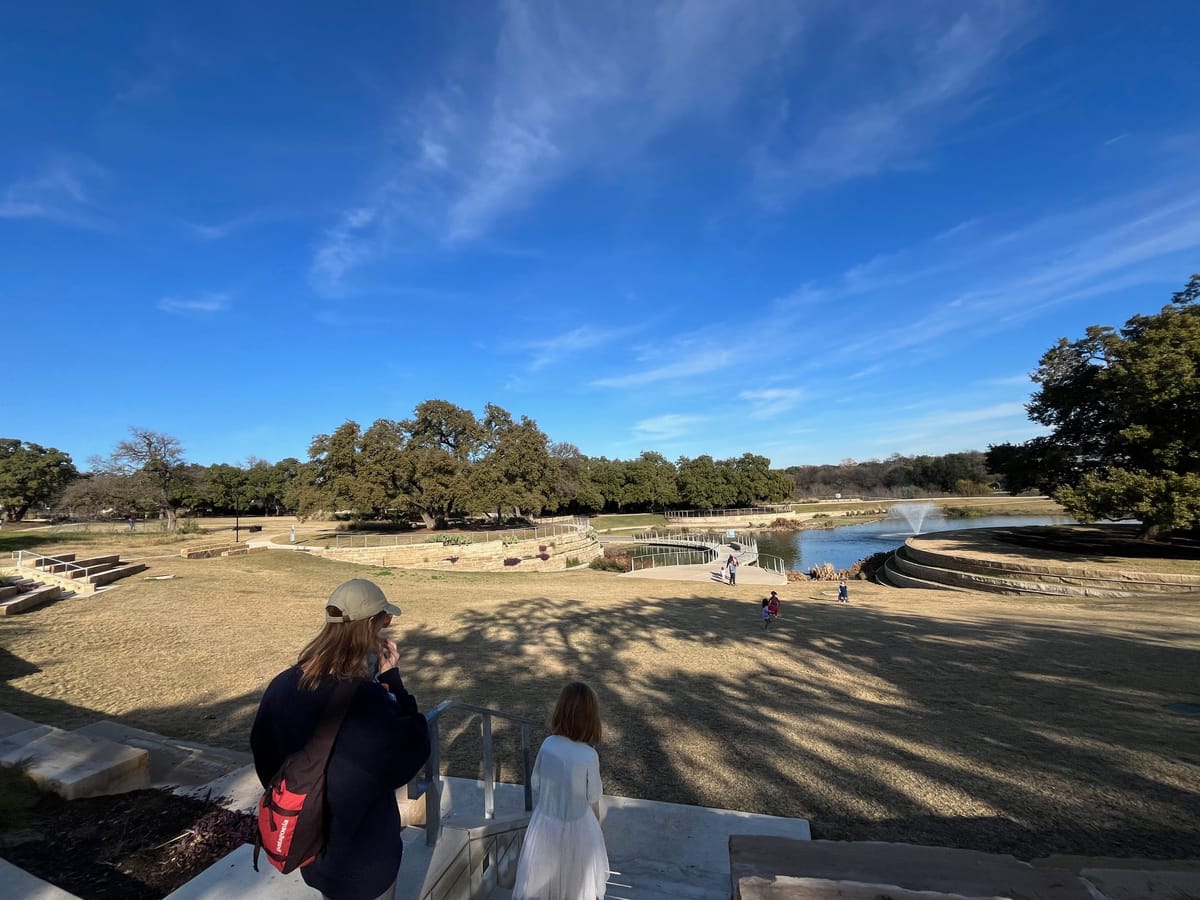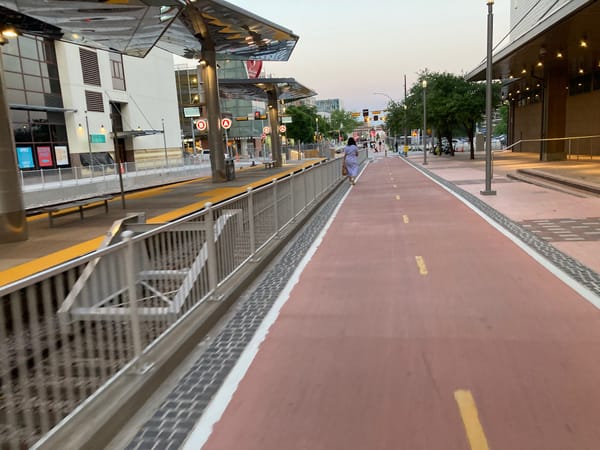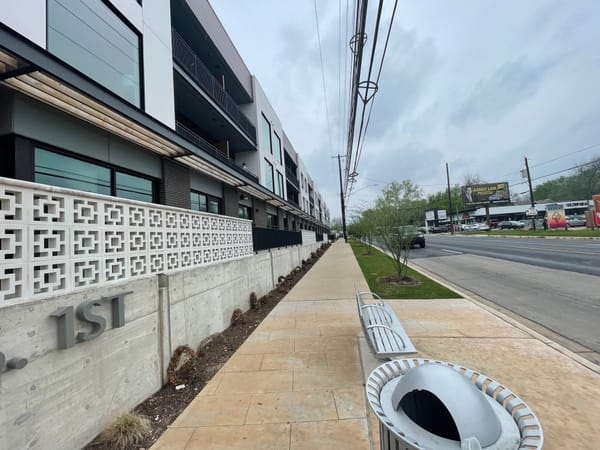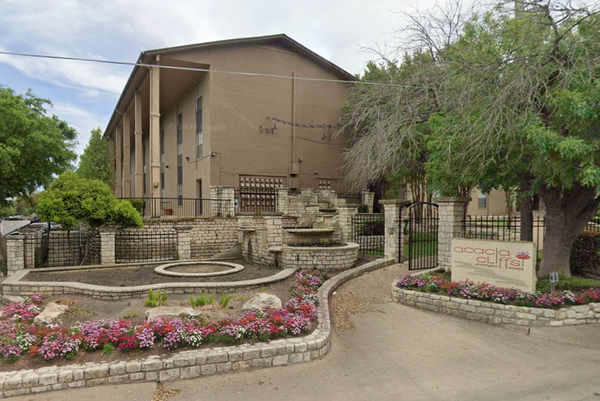Parkland fees didn't decrease –– so why are parks advocates upset?
The city is facing a major drought in park funds.

For decades, one of the main funding mechanisms for Austin's parks has been the Parkland Dedication Ordinance, which requires developers to either dedicate land or pay a fee based on the number of new units they build. In most cases the city accepts fees, but in some instances, particularly major developments, it will require an on-site land dedication.
Like other impact fees, the parkland fee was justified as "making growth pay for itself." The idea was that a new apartment complex represents increased population and will put stress on existing infrastructure, including parks. Hence, the development must pay to increase the total amount of parkland in the city.
I have a lot of problems with the reasoning underpinning impact fees, including the parkland fee, but we don't need to get into that today.
In 2016 the ordinance was rewritten with a new formula, which set fees based on the average cost that the Parks Department was paying to acquire new parkland. In the following years, the park fees skyrocketed and developers and housing advocates began to raise concerns about the tremendous cost that the city was imposing on much-needed housing.
Last year, however, the Legislature passed a law limiting cities' abilities to impose parkland fees. Parks staff for the city described the law as a major threat to the city's parks system. At a meeting last month, Council Member Alison Alter accused the Lege of "decimating" the city's parks funding.
So I was surprised when I looked up the new fees that Council adopted in accordance with the new law. The fees have declined significantly for downtown developments, but actually slightly increased for all others.




